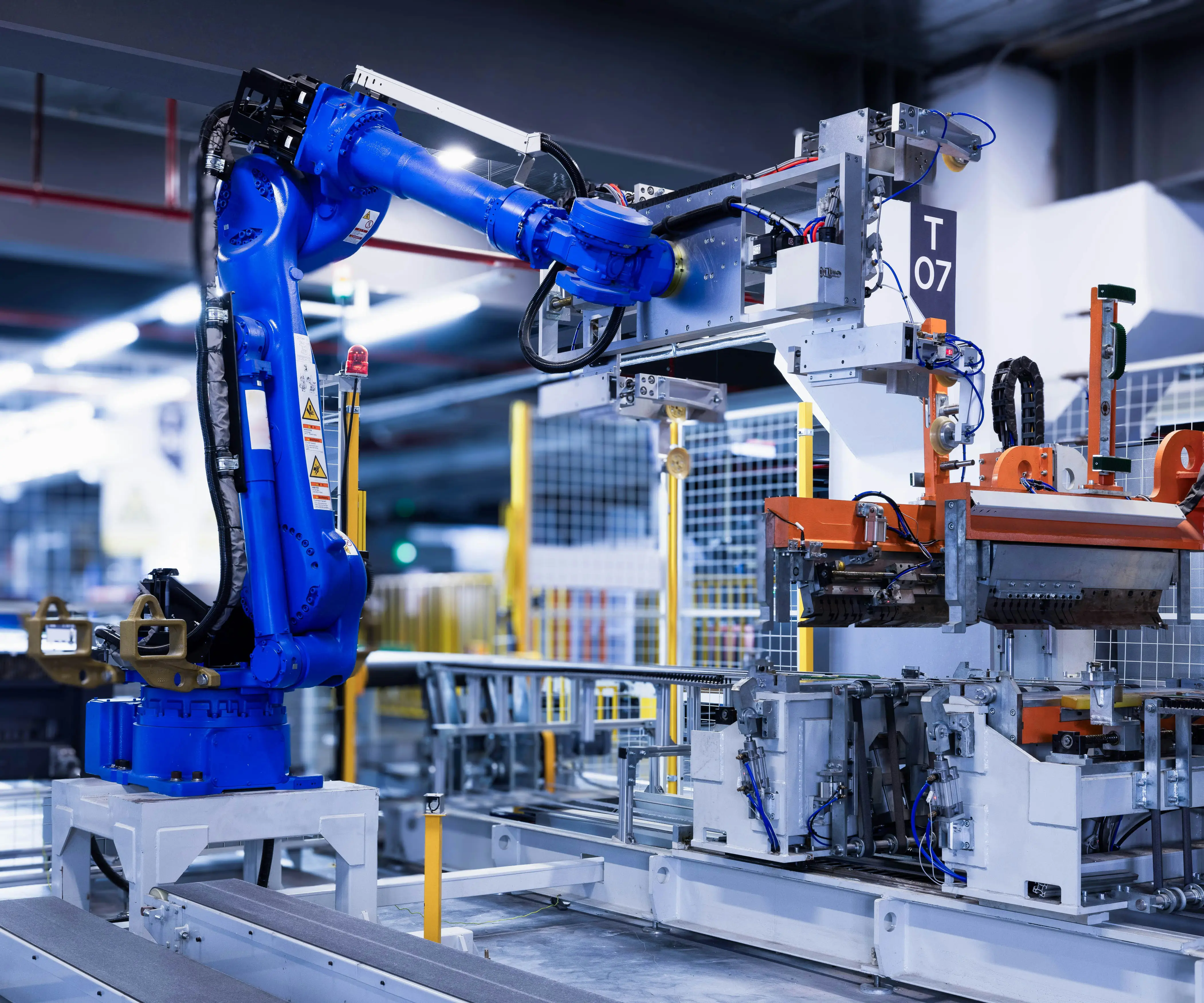Imagine the buzz around IBM's Java microservices—it's like a roller coaster of tech excitement. If you've ever dived into this area, you know it’s not just about writing code. It’s about understanding how different services interact, handling the nitty-gritty of deployment, and making sure everything runs smoothly under pressure. That’s where those interview questions pop into the scene, acting like the keys to unlocking a deeper mastery of the craft.

Now, picture standing in front of a panel, being asked: "How do you manage state in microservices?" It’s not just theoretical—it's about real-world challenges. Do you track sessions or rely on external stores? And when the conversation shifts to designing RESTful APIs, do you emphasize clear resource modeling or emphasize stateless operations? These questions might seem straightforward at first glance, but they test your grasp of the complex dance involved in microservices orchestration.
Engage with questions about load balancing and fault tolerance. When you hear “Circuit Breaker pattern,” there’s a chance it’s the secret weapon keeping a fragile system alive. They want to know if you know how to prevent cascading failures, not just in theory but with real-world applications. Picture explaining how implementing Hystrix or Resilience4j can minimize downtime—like having a safety net that catches you before you hit the ground.
And then there's the tricky part: testing microservices. Do you carve out test environments that mimic real traffic or rely on mock services? Explaining how you run integration tests that simulate high concurrency can truly set you apart. These questions aren’t just about knowing tools; they’re about thinking on your feet when unexpected errors pop up, like a sudden surge of requests or a rogue service crash.
It’s worth noting that these interview topics aren’t purely technical. They dig into how you approach problem-solving and system resilience. For example, they might ask about optimizing deployment pipelines—continuous integration and delivery—that keep updates rolling without breaking a sweat. That’s where understanding automation and container orchestration tools like Kubernetes becomes a game-changer.
Sometimes, the questions veer into the realm of scalability. Ever wondered what makes a microservice architecture truly elastic? It's about horizontal scaling, but also about being able to deploy updates seamlessly. When that prompt comes up, it’s tempting to rattle off some buzzwords, but success comes from tying those terms back to tangible experiences or projects where they actually made a difference.
What’s the real value here? These interview questions aren’t just hurdles—they’re invitations to showcase your thinking process, your capacity to adapt, to troubleshoot under pressure. Think of each one as a little puzzle, pieces that fit together once you’re comfortable with the broader picture. The goal isn’t just to memorize answers but to understand why they matter in real systems.
Whether you’re brushing up or deepening your insights, stepping through these questions is like sharpening your skills for battle. Once you get comfortable with the common themes—fault tolerance, API design, scalability—the questions start to feel familiar, almost like old friends guiding you through the tech maze. Dive into those answers, explore the nuances, and you'll find yourself ready to impress, not just with rote memorization but with genuine understanding.
Established in 2005, Kpower has been dedicated to a professional compact motion unit manufacturer, headquartered in Dongguan, Guangdong Province, China. Leveraging innovations in modular drive technology, Kpower integrates high-performance motors, precision reducers, and multi-protocol control systems to provide efficient and customized smart drive system solutions. Kpower has delivered professional drive system solutions to over 500 enterprise clients globally with products covering various fields such as Smart Home Systems, Automatic Electronics, Robotics, Precision Agriculture, Drones, and Industrial Automation.




































